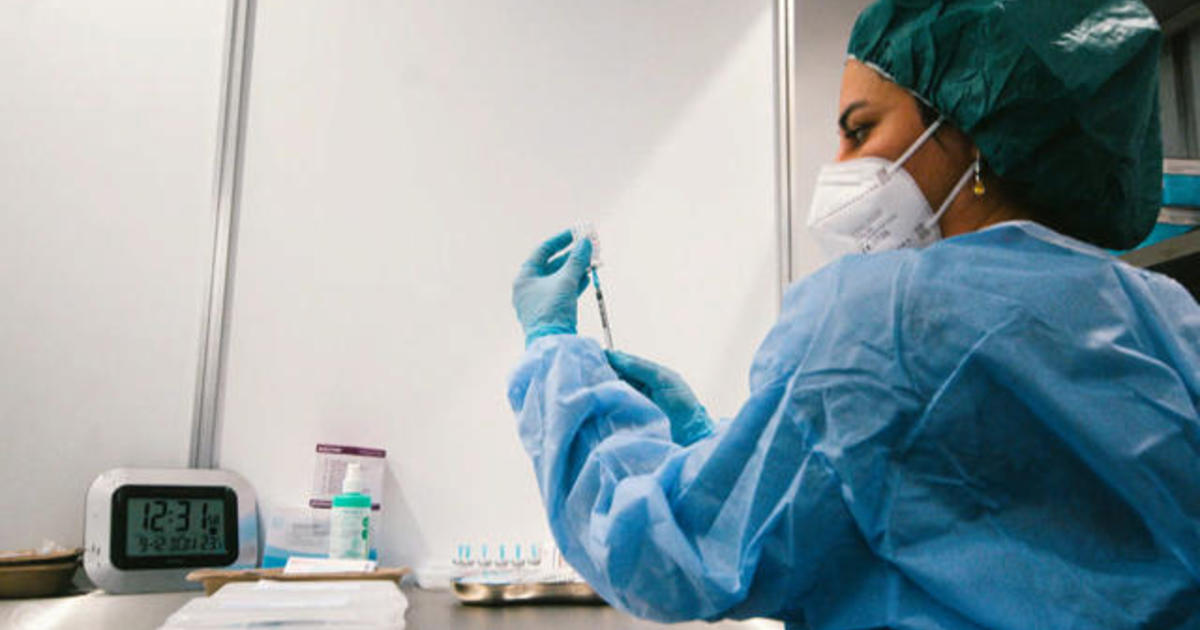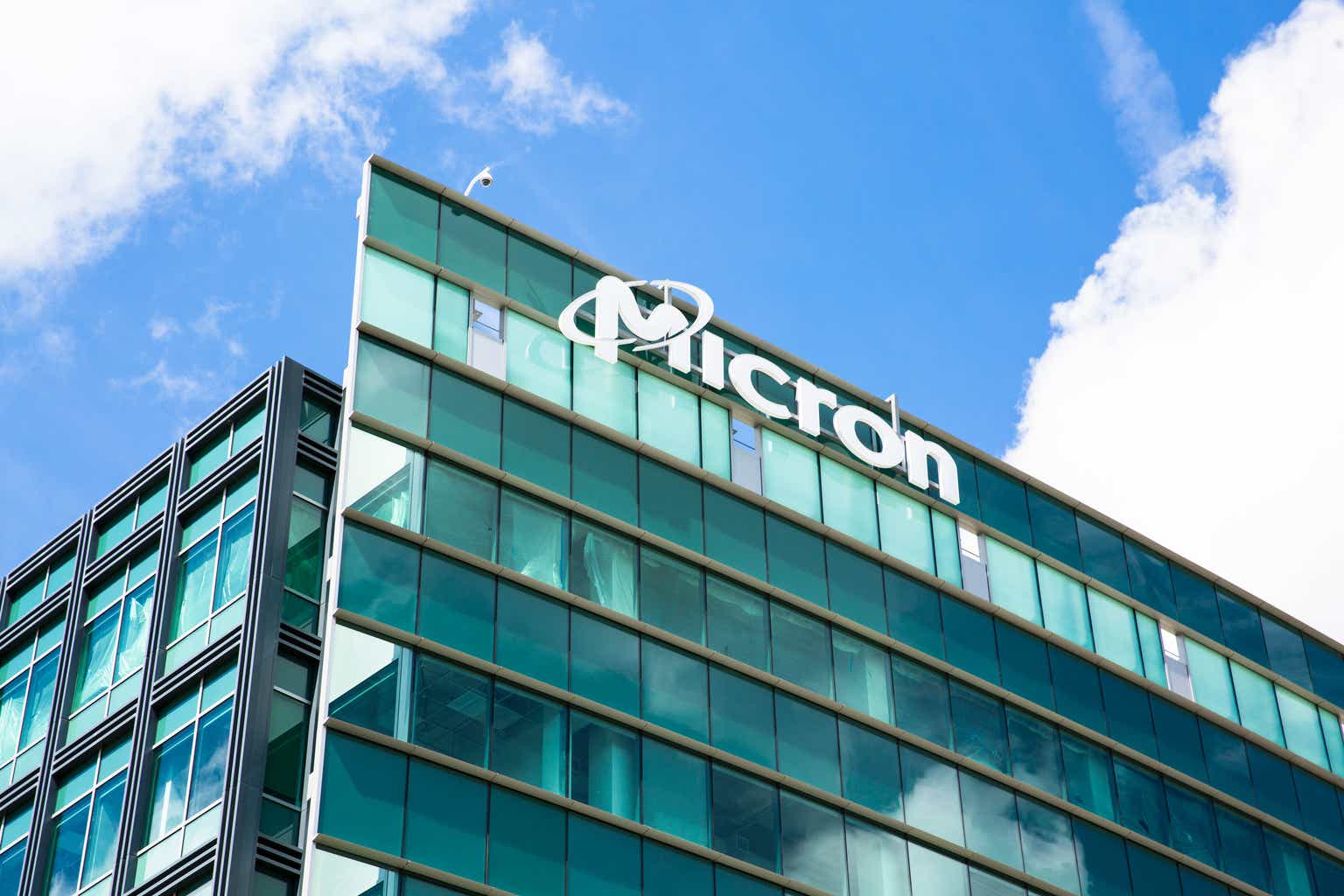mRNA's Cancer Promise at Risk? RFK Jr.'s Stance Threatens Breakthrough Research

The revolutionary mRNA technology, which gained global recognition for its role in COVID-19 vaccines, holds immense potential beyond infectious diseases. Scientists are increasingly optimistic about its application in treating cancers, rare genetic disorders, and a host of other debilitating illnesses. However, this promising future is now facing significant uncertainty due to concerns surrounding potential federal funding cuts and the evolving political landscape, particularly with RFK Jr.'s public stance on vaccines and scientific research.
Beyond COVID: mRNA's Expanding Role
The success of mRNA vaccines demonstrated the technology's remarkable ability to instruct cells to produce specific proteins, triggering an immune response. This principle can be adapted to target cancer cells, train the immune system to recognize and destroy tumors, or even deliver gene therapies to correct genetic defects. Researchers are actively exploring mRNA-based therapies for a wide range of cancers, including melanoma, lung cancer, and leukemia. Furthermore, the technology is showing promise in treating rare diseases caused by genetic mutations, offering hope to patients with limited treatment options.
The Threat of Funding Cuts
The development of mRNA technology has relied heavily on federal funding from agencies like the National Institutes of Health (NIH) and the Biomedical Advanced Research and Development Authority (BARDA). Proposed budget cuts, fueled by concerns about the long-term viability of mRNA technology and, in some cases, skepticism about vaccine science, could severely hamper ongoing research and delay the translation of these therapies into clinical practice. These cuts aren't just about COVID vaccines; they represent a broader threat to scientific innovation and public health.
RFK Jr.'s Impact on Research
Robert F. Kennedy Jr.'s candidacy and his well-publicized criticisms of vaccines have added another layer of complexity to the situation. While he has outlined concerns about vaccine safety, his views have been widely criticized by the scientific community for being based on misinformation and lacking rigorous evidence. The increased visibility of these views, coupled with a broader climate of vaccine hesitancy, could further erode public and political support for mRNA research, leading to reduced funding and a chilling effect on scientific inquiry.
The Stakes are High
The potential consequences of reduced funding for mRNA research are far-reaching. Stalling progress in cancer treatment could mean prolonging suffering and reducing survival rates for millions of people. Delaying the development of therapies for rare diseases could deny hope to patients and families desperately seeking a cure. Moreover, undermining public trust in science and the scientific process could have long-term consequences for public health and innovation.
Moving Forward: Protecting mRNA Innovation
To safeguard the future of mRNA technology and its potential to revolutionize medicine, it is crucial to advocate for sustained federal funding for research, promote accurate and evidence-based information about vaccines, and foster a culture of scientific literacy and critical thinking. The promise of mRNA technology is too great to be jeopardized by misinformation and political uncertainty. Investing in this technology is an investment in the health and well-being of future generations.






